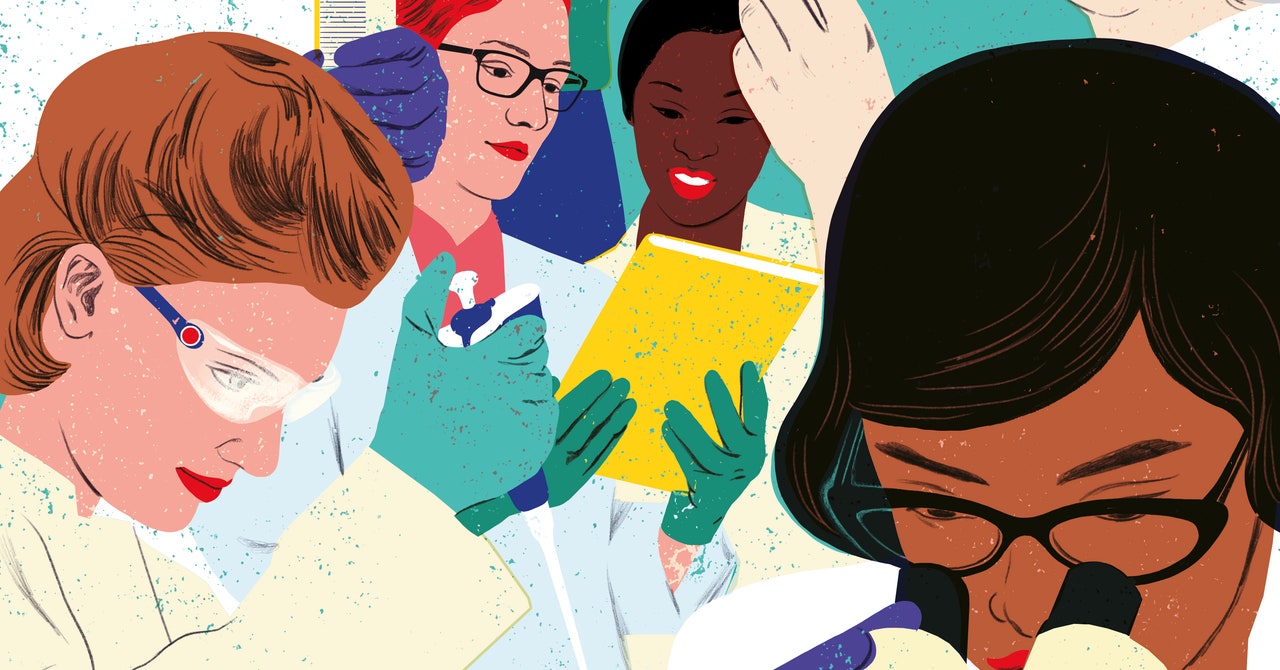
At WIRED, one of our goals is to be your guide to the technologies that shape our world and the people behind them. From entrepreneurs and activists to clinicians and researchers, WIRED aims to shine a light on the people who work tirelessly on the science that will benefit all of us. Unfortunately, as with every profession, those with the opportunity to stand in the limelight are often less defined by the impact and importance of their work and more by their personal identifiers, such as their gender, ethnicity, or socioeconomic background.
In this special series, WIRED will highlight 10 incredible women, some of whom are changing the way we think about the universe and humanity’s place in it, or inventing next-generation genetic screening tech that can help doctors catch illnesses early enough to save lives. And it’s important that all of these brilliant scientists are women: There are not only fewer women in science, but women in science are also consistently underpaid and under-recognized; if they’re women of color or immigrants, even more so. According to UNESCO, women represent approximately 33 percent of researchers globally, and less than 4 percent of Nobel Prizes in science have ever been awarded to women. Only 11 percent of senior research roles in Europe are held by women.
And it’s not just the scientific community that suffers when women are not included. The science suffers as well. Without diverse scientists, we cannot expect to have diverse data. Women are not a minority, but we live in a world designed and optimized for the minority: men. Our health and lives depend on being included in the studies and research that will change the world for the betterment of all humans.
To shine a light on the scientists who are so often overlooked, WIRED will bring you experts at the tops of their fields, including people like Ann McKee, the neuropathologist and neurologist who is the medical community’s leading authority on traumatic brain injuries like CTE, or chronic traumatic encephalopathy—a condition that has plagued contact sports for decades. We’ll also speak with Paula Johnson, who will explain how she went from being uninterested in medicine to becoming a fierce advocate for women’s health, and eventually the first Black woman president of Wellesley College.
But let’s look beyond the body and to the stars. Jessie Christiansen, project scientist on NASA’s Exoplanet Archive, will enlist your help in finding more worlds in the cosmos that may reveal clues about how our own world formed, or that might support life. And Nergis Mavalvala will share what it was like to be on the team that first detected gravitational waves—and so changed our understanding of modern physics.
WIRED has always been about compelling storytelling that helps you understand our world. We don’t just report a story. We dig into the people that make up the story. For this series, we look not only at the latest advances in astronomy, medicine, psychology, and healthcare, but also at the scientists behind them.

